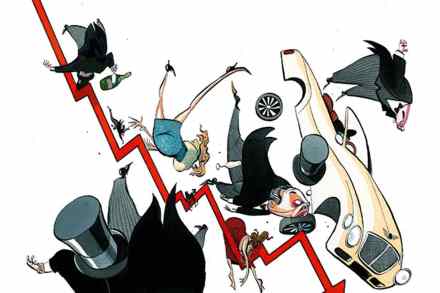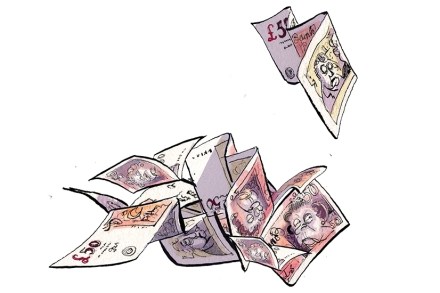The UK economy has returned to its pre-pandemic size
Nearly two years after the UK experienced its biggest economic collapse in 300 years, the economy has returned to pre-pandemic levels. GDP is estimated by the ONS to have grown by 0.9 per cent in November, almost twice what had been expected – making it 0.7 per cent larger than it was in February 2020. The US and Sweden managed to pass pre-pandemic levels last spring. China took just a few months. But Britain, whose economy fell further than almost any developed country in 2020, is catching up. Britain, whose economy fell further than almost any developed country in 2020, is catching up The below chart shows how UK growth





